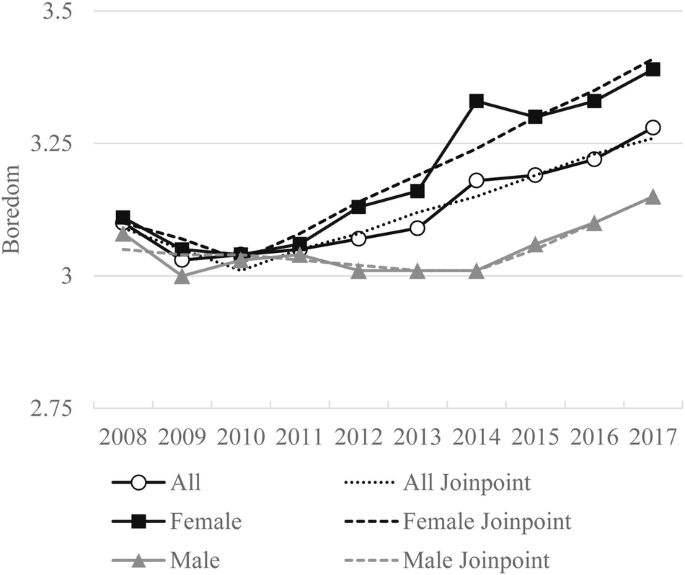
People are increasingly bored in our digital age
Communications Psychology volume 2, Article number: 106 (2024 ) Cite this article
In an era where entertainment is effortlessly at our fingertips, one would assume that people are less bored than ever. Yet, reports of boredom are higher now than compared to the past. This rising trend is concerning because chronic boredom can undermine well-being, learning, and behaviour. Understanding why this is happening is crucial to prevent further negative impacts. In this Perspective, we explore one possible reason—digital media use makes people more bored. We propose that digital media increases boredom through dividing attention, elevating desired level of engagement, reducing sense of meaning, heightening opportunity costs, and serving as an ineffective boredom coping strategy.
It has never been easier to access stimulation. Just a few decades ago, we had to wait in front of the television for weekly broadcasts, turn to books or sluggish Internet browsers on clunky desktops for information, and rely on landline telephones for chatting with friends. Today, digital devices let us entertain, work, socialize, and access information anywhere, anytime. Technology has propelled us into an era of constant digital engagement. With endless rewarding stimulation a fingertip away, one would assume that boredom has become a rare experience. Yet, the reverse has happened: there had been a concerning rise in boredom among young people from 2009 to 2020, as revealed by nationally representative surveys1 and a meta-analysis of birth cohort changes2. People are becoming increasingly bored.






















